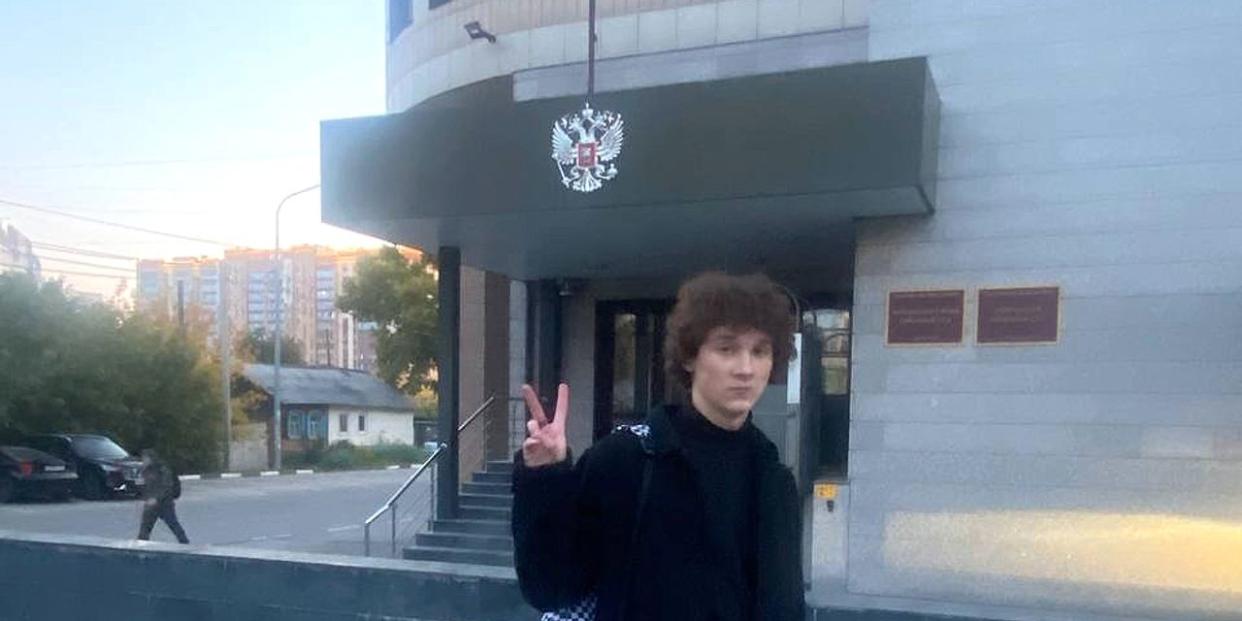In a city in southern Siberia, security forces detained a man in October for reading antiwar poetry at a literary event. Authorities in Novosibirsk fined a woman 15,000 rubles around the same time for tearing down a poster exalting Russian soldiers fighting in Ukraine.
In St. Petersburg, a man was briefly detained in September for holding a poster reading, “Wishing for peace is not a crime! I am against war.”
The cases, all documented by OVD-Info, a human-rights group that monitors police detentions and helps protesters find lawyers, speak to new levels of repression in Russia, as President Vladimir Putin seeks to crush even the most innocuous opposition to his war on Ukraine.
Prominent opposition politicians, human-rights activists and journalists have been jailed for lengthy terms, slapped with big fines or forced to flee the country.
But much of the crackdown on dissent has been directed against ordinary Russians, who constitute the majority of more than 20,000 people who have been arbitrarily detained since the start of the war in early 2022, according to local and international human-rights advocates as well as the United Nations Special Rapporteur for Russia.
Artyom Belsky stood alone in front of the Kazan Cathedral in St. Petersburg for about 30 minutes holding an antiwar sign. Several passersby stopped to shake his hand or hug him, he said.
Soon the police arrived. They detained him and charged him with an administrative offense for discrediting the Russian military. They told him he had “publicly called for obstruction of the military action” in Ukraine and warned that he would be imprisoned if he repeated the violation, Belsky said in an interview.
In August, the police had briefly detained Belsky after he hoisted a poster in the same location reading, “Russia is tired of corruption, repression and propaganda! Stop being silent about it!”
At that time, he was fined 4,000 rubles, roughly $44, for violating Covid-19 restrictions. Russia still bans protests on the pretext that mass gatherings are a health hazard.
“In Russia, people are imprisoned for simply wanting peace,” said Belsky, a 34-year-old specialist in decorative restoration. “I don’t think it’s a crime to want peace.” The police warning has scared Belsky from staging any further protests.



